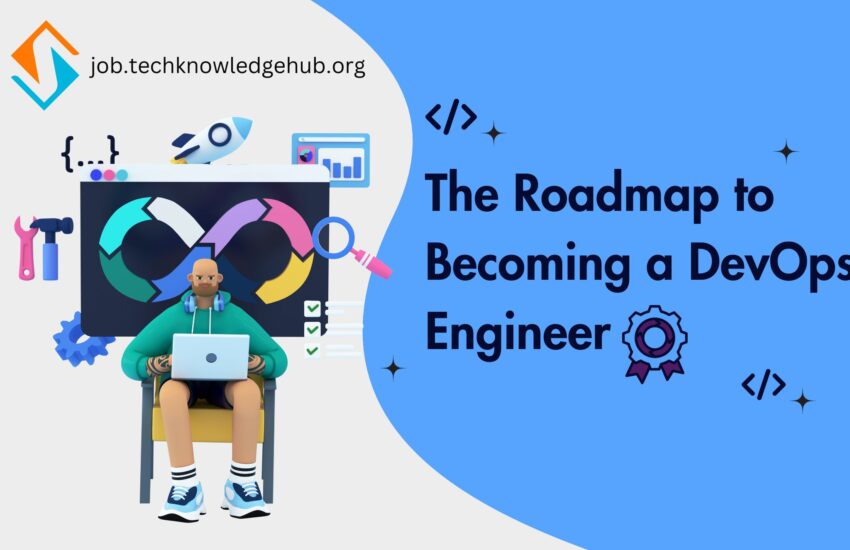Introduction
Are you ready to embark on an exciting journey towards becoming a DevOps engineer? This rapidly growing field combines software development and IT operations, enabling organizations to deliver high-quality applications at a faster pace. In this blog post, we will outline a roadmap that will guide you towards a successful career as a DevOps engineer.
Section 1: Building Your Foundation
The first step towards becoming a DevOps engineer is to build a strong foundation in both software development and IT operations. This will require you to gain expertise in programming languages like Python, Ruby, or Java, as well as familiarize yourself with various operating systems, networking concepts, and infrastructure management.
Additionally, it is essential to develop a deep understanding of version control systems like Git and learn how to automate common tasks using scripting languages such as Bash. Familiarize yourself with popular cloud platforms like AWS or Azure, as these are widely used in DevOps environments.
Section 2: Mastering Essential Tools and Technologies
Once you have established a strong foundation, it’s time to dive deeper into the tools and technologies that are crucial for a DevOps engineer. Start by mastering configuration management tools like Ansible, Puppet, or Chef, which help automate the provisioning and management of infrastructure.
Next, familiarize yourself with containerization technologies like Docker and orchestrators like Kubernetes. These tools allow for efficient deployment, scaling, and management of applications. Understanding monitoring and logging tools like Elasticsearch, Prometheus, and Splunk is also essential for ensuring the smooth operation of your systems.
Section 3: Embracing Collaboration and Continuous Integration/Deployment
Collaboration and continuous integration/deployment (CI/CD) are core principles of DevOps. It is crucial to develop strong communication and collaboration skills, as DevOps engineers often work closely with cross-functional teams.
Gain experience with CI/CD tools such as Jenkins or GitLab, which automate the build, testing, and deployment processes. Familiarize yourself with agile methodologies, such as Scrum or Kanban, to ensure efficient project management.
Lastly, remember to stay up to date with the latest industry trends and best practices. Attend conferences, join online communities, and continuously learn and adapt to new tools and technologies.
Conclusion
Becoming a DevOps engineer requires dedication, continuous learning, and a passion for automation and collaboration. By following this roadmap and acquiring the necessary skills and knowledge, you’ll be well on your way to a successful and fulfilling career in the exciting field of DevOps.

